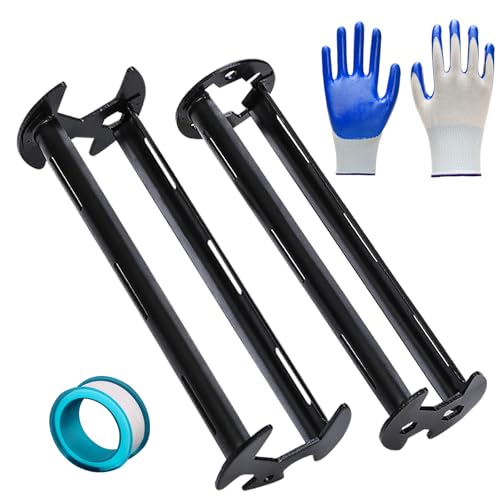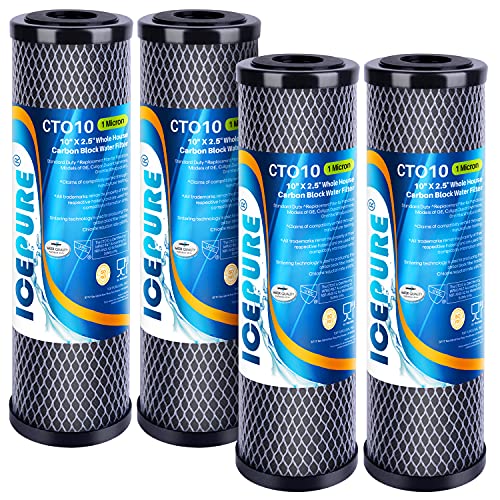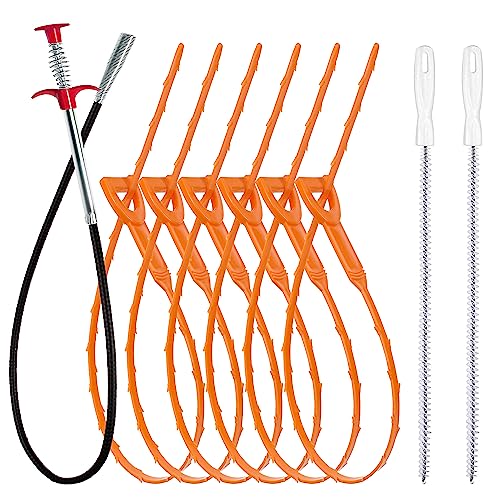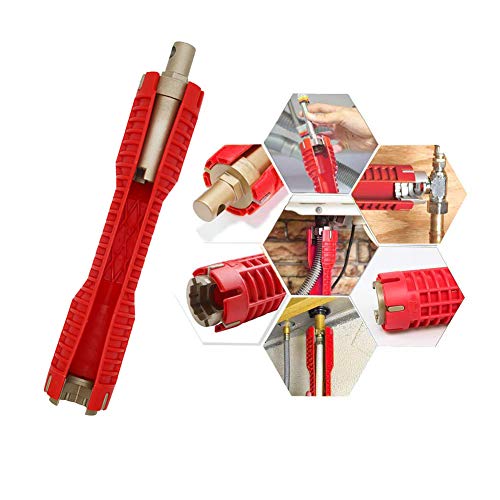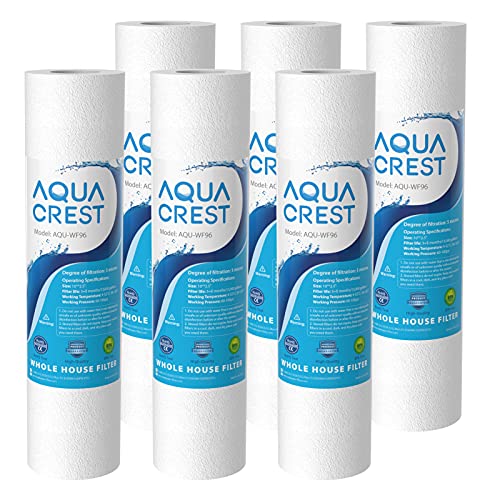Hi everyone
Can't get a clear answer from anyone in brick and mortar stores, so figured I'd toss it out here. We have a 20 year gas water heater that is still working fine, but probably doesn't have much more life left (and we just bought the house, so are looking to upgrade before it dies). We aren't going to go tankless because the costs are way too high and everything I'm reading suggests it will take longer for warm water to get to the furthest bathrooms (which is our main issue right now). We planned to go w/ an energy efficient gas heater, but are also looking into these hybrid water heaters (heat pump + electric). What I'm trying to figure out is: which one is more efficient over the long run. I know the hybrid ones are obviously way more efficient than electric, but am unclear how they perform compared to efficient gas heaters wrt costs. It is a good $400 more, so just trying to figure out if its worth it. For reference, the ones I'm looking at are: this hybrid and this regular gas one. Appreciate any suggestions. (Planning to install a looped recirculating system to help deal w/ the issue w/ the time delay in warm water at the most distant bathrooms)
Can't get a clear answer from anyone in brick and mortar stores, so figured I'd toss it out here. We have a 20 year gas water heater that is still working fine, but probably doesn't have much more life left (and we just bought the house, so are looking to upgrade before it dies). We aren't going to go tankless because the costs are way too high and everything I'm reading suggests it will take longer for warm water to get to the furthest bathrooms (which is our main issue right now). We planned to go w/ an energy efficient gas heater, but are also looking into these hybrid water heaters (heat pump + electric). What I'm trying to figure out is: which one is more efficient over the long run. I know the hybrid ones are obviously way more efficient than electric, but am unclear how they perform compared to efficient gas heaters wrt costs. It is a good $400 more, so just trying to figure out if its worth it. For reference, the ones I'm looking at are: this hybrid and this regular gas one. Appreciate any suggestions. (Planning to install a looped recirculating system to help deal w/ the issue w/ the time delay in warm water at the most distant bathrooms)




















